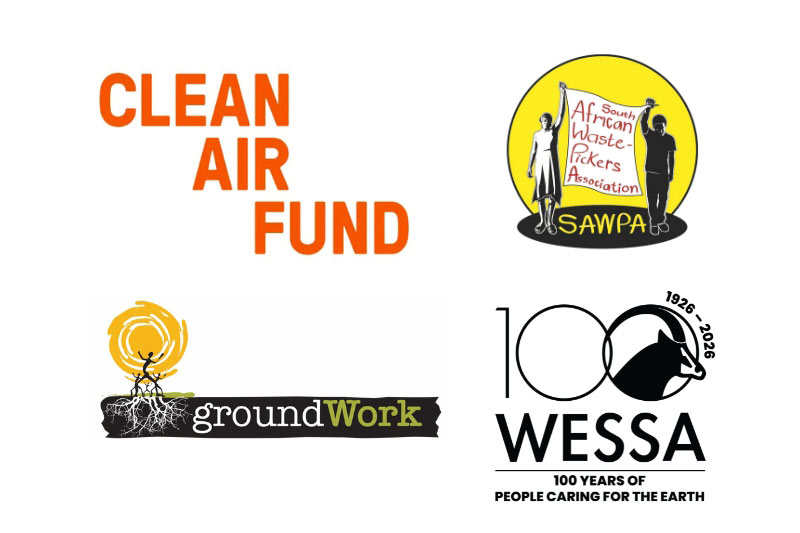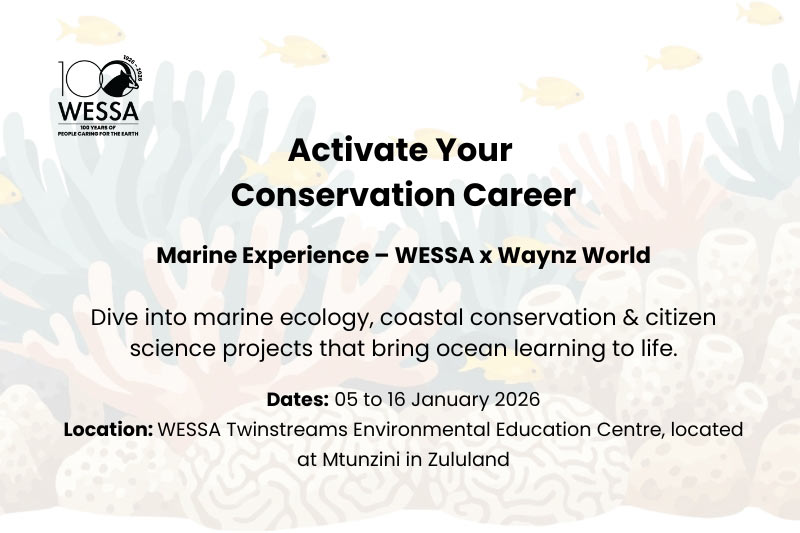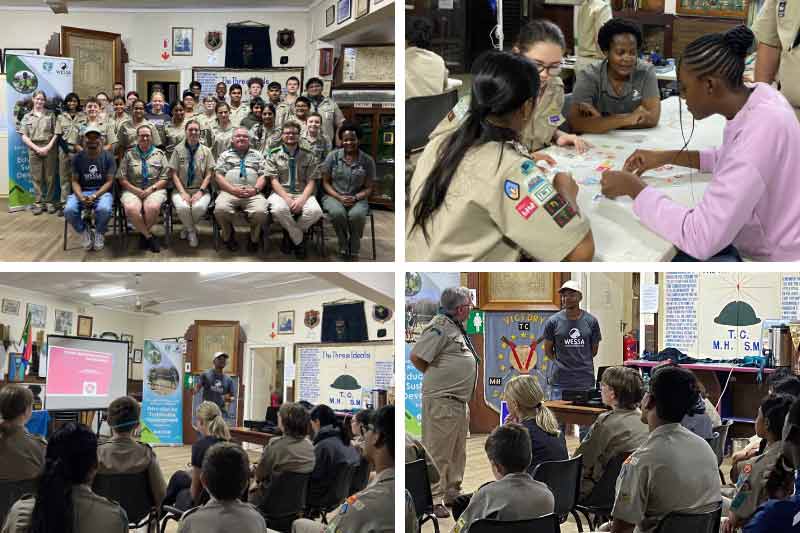
An Eco-Christmas to remember at Zizameleni Itekeleng Pre-School, thanks to Wispeco Aluminium
On 2 December 2025, WESSA wrapped up the year in the most heart-warming way with a joyful Eco-Christmas celebration at Zizameleni Itekeleng Pre-School. From laughter and learning to meaningful upgrades that will last well beyond the festive season, it was truly a magical day for the children, and everyone involved.
In partnership with Wispeco Aluminium, we transformed the school into a brighter, safer, and more welcoming space, reinforcing the belief that clean, cared-for environments help young learners thrive.
Creating a safe, happy learning space
Together, we rolled up our sleeves to make tangible improvements to the school environment. These refurbishments were designed not only to uplift the space, but to support the health, safety, and wellbeing of every child.
Key improvements included:
- A colourful and cosy reading corner, designed to spark imagination and encourage a love for books and early literacy
- Repairs and fresh paint to the outside wall, creating a more welcoming school environment
- Toilet repairs and roof maintenance, ensuring safer, cleaner and healthier facilities for learners and staff
The transformation was immediate, and the smiles said it all.
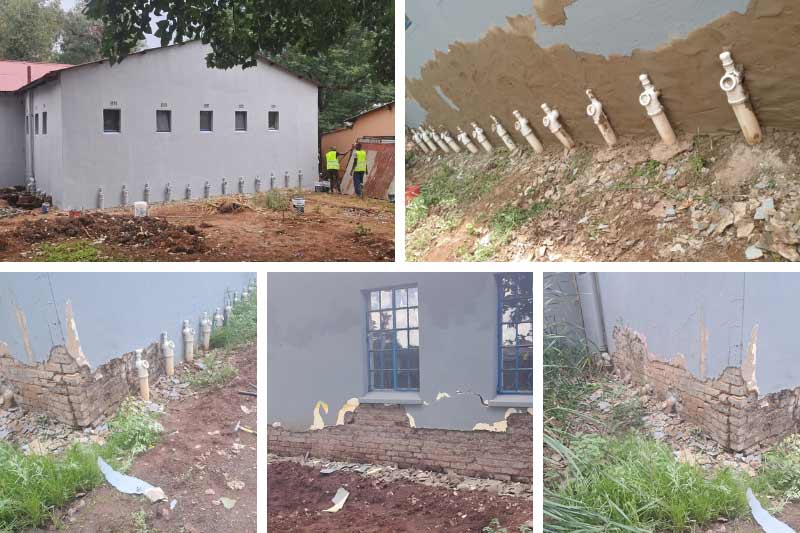
Pictured above: Outside wall before and after.
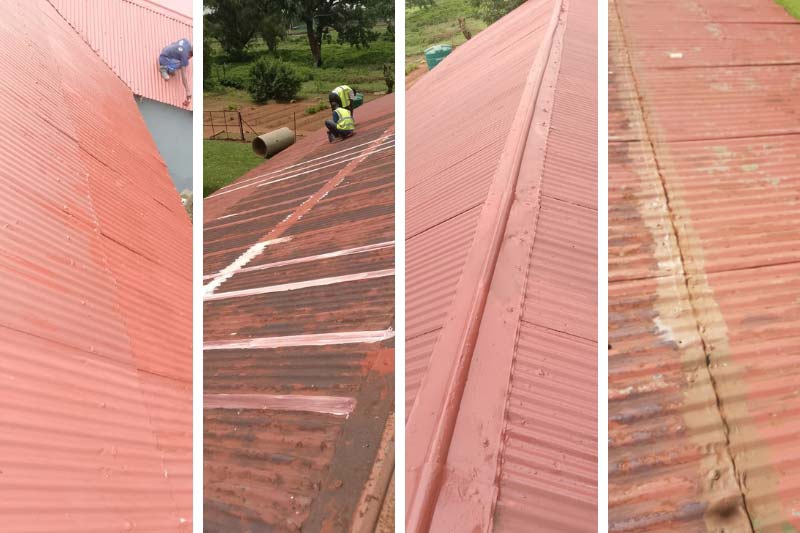
Pictured above: Roof repairs before and after.
Learning through play
The celebration also placed environmental learning at the centre of the day, with children rotating through two fun and interactive eco-learning stations.
At the Recycling Challenge, learners:
- Collected litter around the school grounds
- Identified different types of waste
- Sorted items into the correct recycling bins, learning why proper waste separation matters
In the Animal Rescue Zone, children:
- Selected an animal figurine
- Shared what each animal needs to stay healthy and safe
- Placed animals in the correct habitats while learning how pollution and environmental damage affect living creatures
Through play, curiosity and conversation, learners were introduced to important environmental concepts in an age-appropriate and memorable way.
Festive joy with a green twist
The festive cheer continued as each child received eco-friendly gifts, including seed kits and green stationery, small items with a powerful message about caring for the environment. Every learner also took home a Christmas gift bucket, spreading joy well beyond the school gates and into the holiday season.
Thank you for making it possible
A heartfelt thank you to Wispeco Aluminium for partnering with WESSA on this impactful initiative, and to everyone who contributed their time, energy, and care to make the day so special.
As we closed off the year, this celebration served as a beautiful reminder that when communities come together, we can create environments where children feel safe, inspired, and excited to learn, today and into the future.
![[WESSA Eco-Schools Programme] Six Schools awarded Bronze across Zambia and Zimbabwe](https://www.wessa.org.za/wp-content/uploads/2025/12/Group-photo.jpg)

